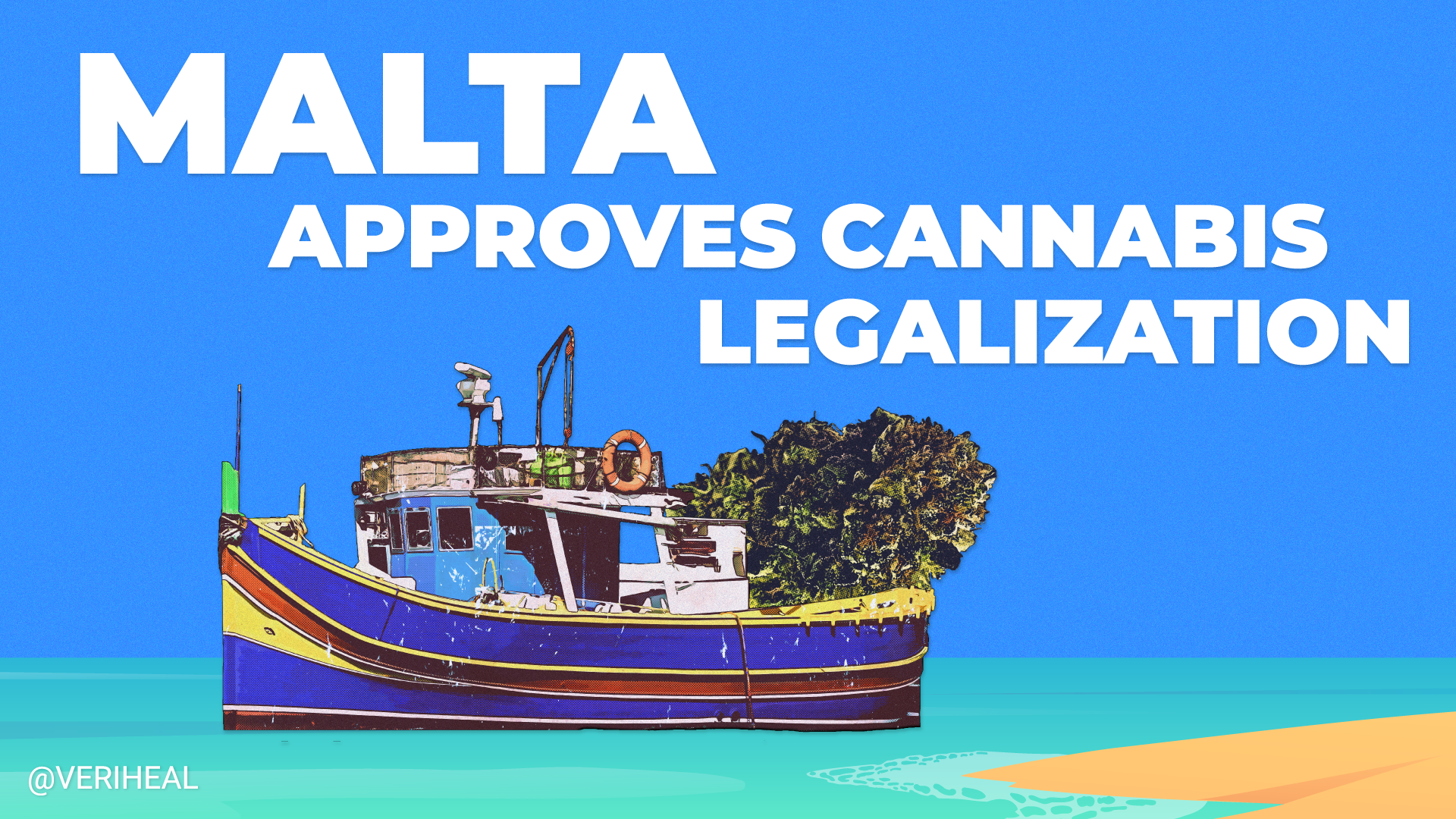On Tuesday, Malta’s parliament approved a bill to legalize cannabis in the country. Once the bill is signed into law, Malta will become the first European nation with legalized cannabis. The law will allow adults ages 18 and up to possess up to 7 grams of cannabis. Adults will also be able to grow up to four cannabis plants and store up to 50 grams of flower at home for personal use.
Under the new legalization bill, adults caught possessing more cannabis than allowed will be subjected to a $55 to $115 fine rather than facing jail time. Additionally, the offense will not go on their criminal record. Minors caught with cannabis will not be arrested; instead, Malta plans to send these minors to a judicial commission that will recommend a care plan.
Regarding Malta’s approach to cannabis legalization and enforcement, Maltese Minister Owen Bonnici said, “There is a wave of understanding now that the hard-fist approach against cannabis users was disproportionate, [and] unjust…I’m very glad that Malta will be the first country which will put words in statute in a comprehensive manner with a regulatory authority.”
While Malta will be the first, there are many other European countries just as close to cannabis legalization. Germany recently announced it would be moving forward with creating a legal, regulated market when the new government takes over. In Italy, the work of activists has set the stage for a referendum to be passed next year which would decriminalize cannabis.
Author, Share & Comments
















